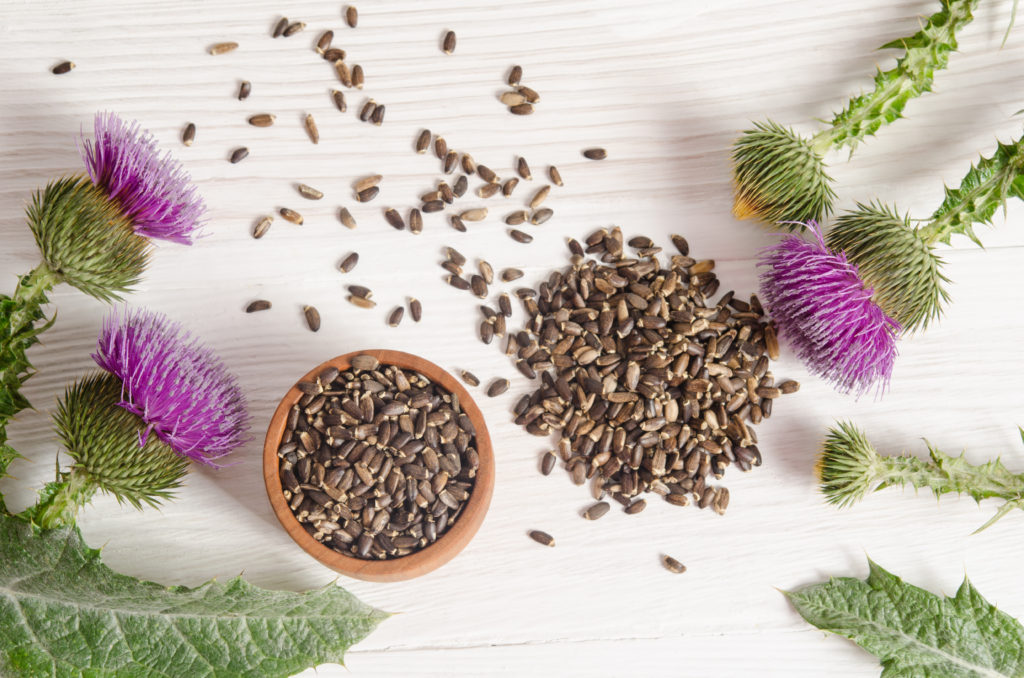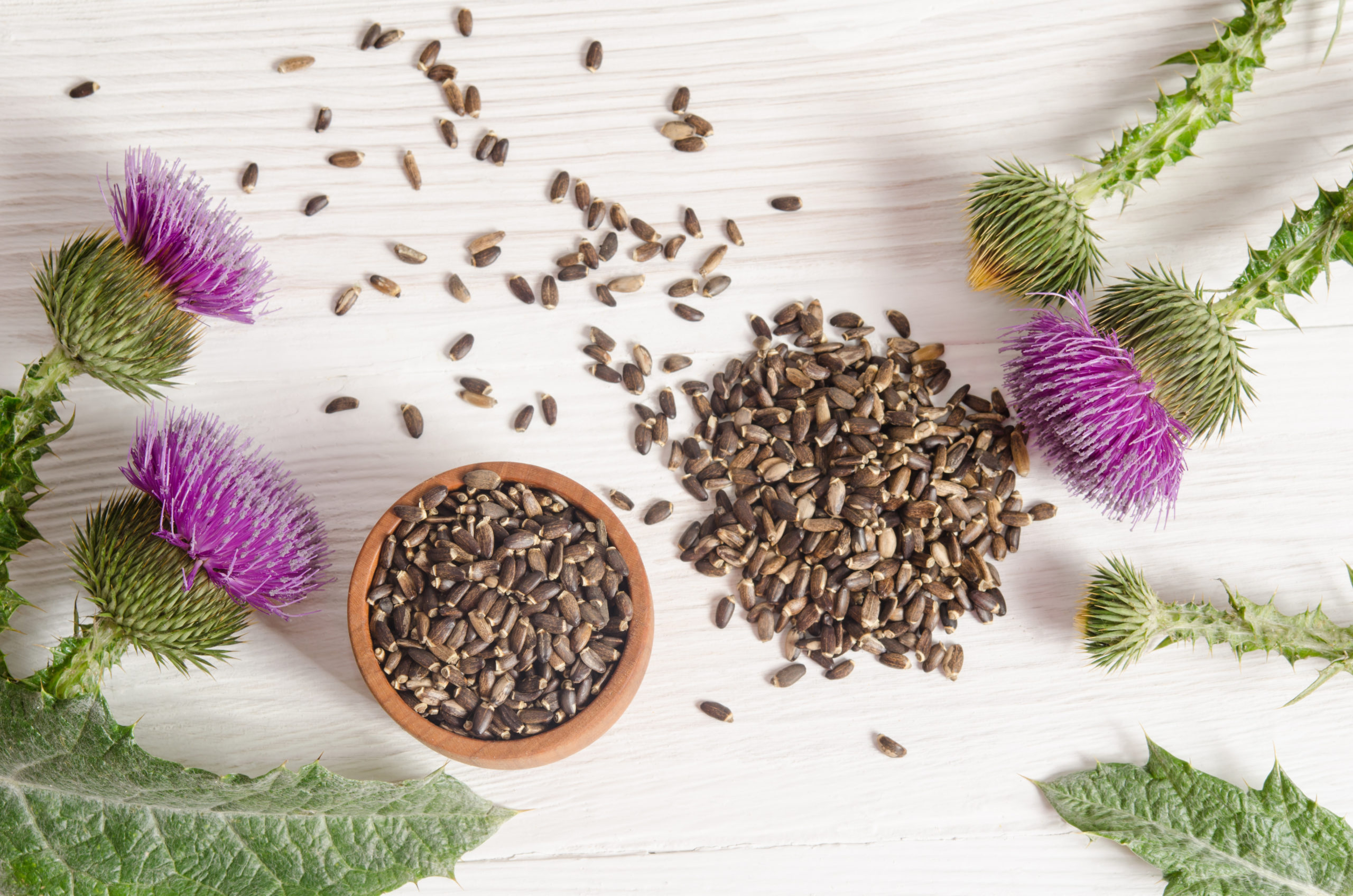
One of the strategies we brought in right from the beginning during my Dad’s cancer journey was supplement support. Thankfully his oncologist had been on board with that plan and allowed him to add supplements to his treatment regimen right from the start.
Unfortunately though this is not the case with all oncologists. In fact many are quite fearful of adding supplements to the mix and will do what they can to convince you to avoid them.
This of course is super frustrating to me but I really believe their fear stems from a lack of certainty in this area. My goal is to be a team player and to use whatever tools I can to support healing. Sometimes this means reaching out to my client’s oncologist with research regarding said supplements to see if we can find a middle ground. And sometimes it means not bringing them in at all until after treatment is complete.
Whatever is true for your situation I want you to know that supplements can absolutely help but they are not the only tool you have at your disposal. And it’s certainly not worth the stress and anxiety of fighting with your providers about whether you can take them or not.
If you are fortunate enough to have a progressive and open-minded team then let’s talk about the supplements that can offer you the most support with the least amount of risk for interaction.
Symptom Support
I use supplements during treatment for two primary reasons. First to help minimize the immediate side effects & toxicity of treatment. Second to minimize the long-term side effects & toxicity of treatment.
The longer treatment goes the more toxic it becomes; especially to the liver and kidneys which are responsible for detoxifying medications and also the by-products of treatment like dead cells & tissues. This was very true in my Dad’s case. He ended up with chronic kidney disease after his first bout with cancer and acute kidney & liver failure by the end of his second bout with cancer.
In addition to liver or kidney damage, some medications are toxic to the heart, others to the lungs, or skin, or nervous system. And almost all of them are toxic to the digestive tract.
Bringing in the right foods, adequate hydration, timed fasting, and exercise will all help reduce the toxicity of treatment. But so can supplements. Here are some examples of how and when I pull in supplements to help some of the more common symptoms people experience from cancer treatment.
Digestive Support
A change in bowel activity is almost a guarantee with chemotherapy or with radiation directed towards the abdomen. This makes sense if you think about the fact that chemotherapy is targeting rapidly dividing cancer cells. Guess what other cells are rapidly dividing?? Yep, the cells in your GI tract.This can mean more bloating, gas, indigestion, constipation, diarrhea, or a mix of all the above.
I often recommend Probiotics and Prebiotics to help manage the changing microbial landscape in the gut, along with Fish Oil to reduce inflammation, and sometimes added Fiber. There are also some great herbal teas that can help soothe an irritated gut and keep the bowels moving. I often recommend Traditional Medicinal’s Throat Coat and Smooth Move teas. Sometimes adding supplemental Magnesium can also help keep the bowels moving.
Nausea
Nausea is a very common side effect with chemotherapy or with radiation directed towards the abdomen. Thankfully this is pretty well controlled for most people with the anti-nausea medications typically prescribed. However for some people the anti-nausea meds cause uncomfortable constipation and tend to worsen taste changes.
The answer…Ginger! Fresh ginger works great. Drinking a warm mug of ginger root tea first thing in the morning. Adding ginger to juices, smoothies, and cooking. Sucking on ginger chews. Or taking ginger supplements. I’ve had many clients who have been able to control their nausea quite well with this simple remedy; with some even choosing to stop the anti-nausea meds all-together.
Mouth Sores
Mouth sores are another common symptom from many different chemotherapies or with radiation directed towards the head or neck. The best thing to do for mouth sores is to bring in coconut oil pulling. It might sound a little crazy but I promise it’s like magic; as long as you can tolerate the texture of melted coconut in your mouth.
Here’s how to do it…put one teaspoon of organic virgin coconut oil in your mouth, swish it around for 15–20 minutes, and then spit it out into the trash. Rinse with warm water and brush your teeth. If you want you can also add 3-5 drops of essential oil; thyme and clove are both great for the health of your mouth.
I also sometimes recommend swishing with Aloe Vera Juice or L-Glutamine. You can even apply coconut oil or raw honey directly to the sores to aid healing.
Neuropathy
Many different chemotherapies are toxic to the nerves and can end up causing damage to nerve endings; this is known as neuropathy. Usually this repairs and goes away once treatment is done. Unfortunately though in some cases neuropathy lingers.
Acupuncture is amazing for this, best done preventatively if you can arrange a schedule where you see your acupuncturist the day before your treatment day. There are also some supplements that can help to protect the nerves; L-Glutamine, Alpha-Lipoic-Acid, B Vitamins, Vitamin D, Curcumin, and/or Magnesium can all be helpful.
Immune Support
A very common side effect from many different types of treatment is dropping blood counts; both white blood cells and red blood cells. As white blood cells drop your immunity weakens and you become more at risk for infections. As red blood cells drop it becomes harder to oxygenate your cells and you will likely feel more tired.
To support both the immune system and your red blood cell production I generally recommend that all of my clients add in a Vitamin D3 supplement. The specific amount varies depending on what your current level is. Medicinal Mushrooms are also excellent at supporting the immune system in addition to helping with other common side effects, like nausea and fatigue. We may also bring in Vitamin C, Iron, or B Vitamins to help.
You can read more about this symptom HERE: Supporting Blood Counts During Treatment.
Liver Support
If liver enzymes start to climb, which they often do the further along chemotherapy goes, Milk Thistle to the rescue. This humble herb, pictured above, works wonders at safely bringing levels back down to an acceptable range so treatment doesn’t get delayed or reduced.
Milk thistle can be taken as a tea, tincture, or in capsule form. I generally recommend clients use the capsules so we can make sure they are getting a therapeutic dose. You also want to make sure the milk thistle you’re taking has 70-80% silymarin; which is the active constituent in milk thistle.
Sleep Support
Many clients complain about poor sleep during treatment, for a variety of different reasons. As you know, sleep is when your body can heal and repair, making it an essential part to your healing plan. Optimizing your sleep environment and bringing in strategies to help you unwind and relax before bed are all helpful but sometimes we need more support.
I turn first to Melatonin to help improve sleep. An added bonus with melatonin is that it also helps lower inflammation, boost immunity, and provide anticancer benefits. Magnesium or Valerian can also be helpful. And for some people, Cannabis can be a real game-changer in their ability to get a good-night’s sleep.
The Antioxidant Debate
A note about antioxidant supplements. This is where you will often get the most “push-back” when it comes to supplements during cancer treatment. And although I rarely recommend high-dose multivitamins or specific antioxidants (except vitamin D or C), many of the supplements I do recommend contain antioxidant activity…like turmeric, milk thistle, l-glutamine, or melatonin.
So here’s the deal. There is research on both sides of this debate. More conservative oncologists will tell you that antioxidants will protect cancer cells making the treatment less effective. This is why they tell you not to take any.
However many of the studies actually show the opposite to be true. In fact some studies have shown that various antioxidants, along with other supplements, help treatment work better in addition to decreasing toxicity and minimizing side effects. And the truth is, the less toxic treatment is, the more likely you are to complete the full recommended course of treatment.
If you’d like to read more about this controversial topic you can do so here: (1, 2, 3, 4)
Playing It Safe
Although the supplements I listed above, even antioxidants, can be safe for most people to take during their treatment it may not be true for everyone. It’s very important that you only take supplements under the guidance of a provider and you keep everyone on your health care team informed of what you’re taking.
When I work with clients, I will only recommend what they truly need (not just throw everything at the situation) and will always check the recommended supplements against their medications and treatment plan to make sure any interaction risks are low.
I do believe supplements can be a safe and very helpful adjunct to treatment but it must be done responsibly.
Get Personal Guidance
I want to end with just the reminder that there is no dietary supplement alone, or even a combination of supplements, that will be enough to cure cancer. Cancer is a much too complicated disease for that to be true.
Supplements also won’t be enough to replace targeted treatment but as I’ve described above they can be incredibly helpful at both boosting the effectiveness of your treatment and decreasing toxicity and side effects. When mindfully taken in combination with other support strategies like fasting, exercise, and an anticancer diet it can most certainly help your body heal and recover from cancer more quickly.
The truth is most traditional oncologists have very little knowledge in the field of supplements and nutrition. For this reason it is understandable that they will be cautious and lean towards a conservative view. If you wish to incorporate supplements and nutrition into your healing plan, then I suggest adding a provider to your team that has experience in these two things.
If you’d like to dive a little deeper into my favorite cancer support supplements you can do so HERE: 7 Supplements Every Cancer Patient Should Consider. And if you’re looking for personal guidance on what supplements you should be taking, I would be happy to design a plan for you. The first step is to book a free planning call here: Get One-on-One Help.
